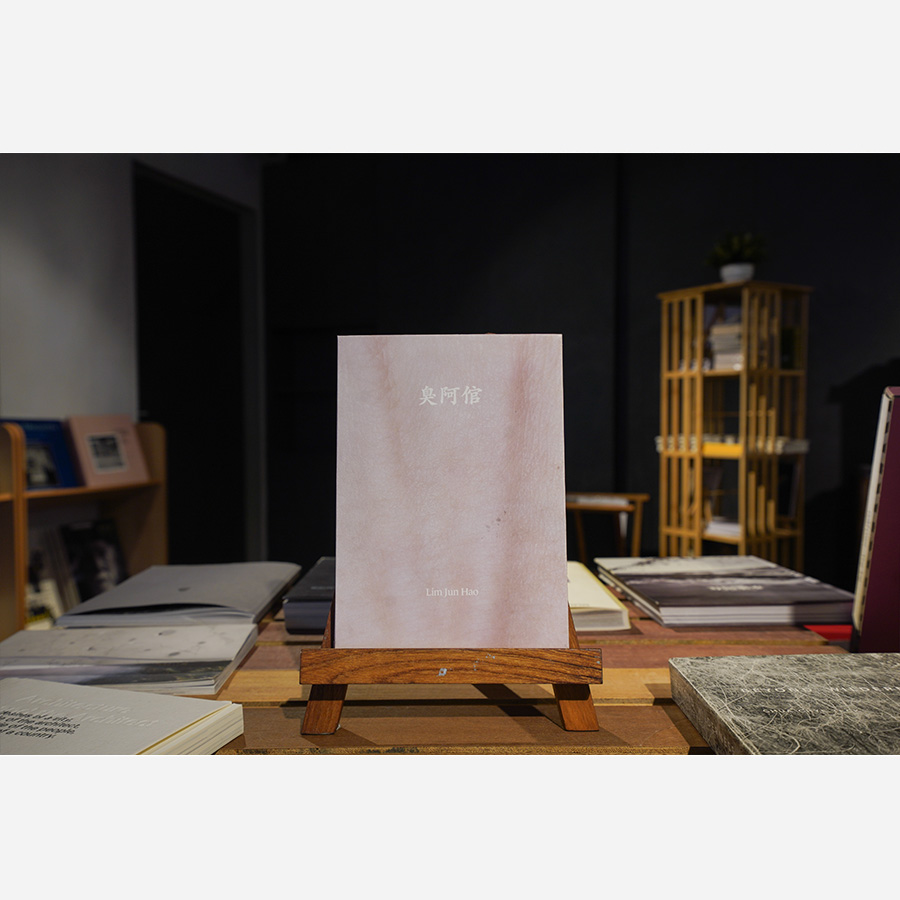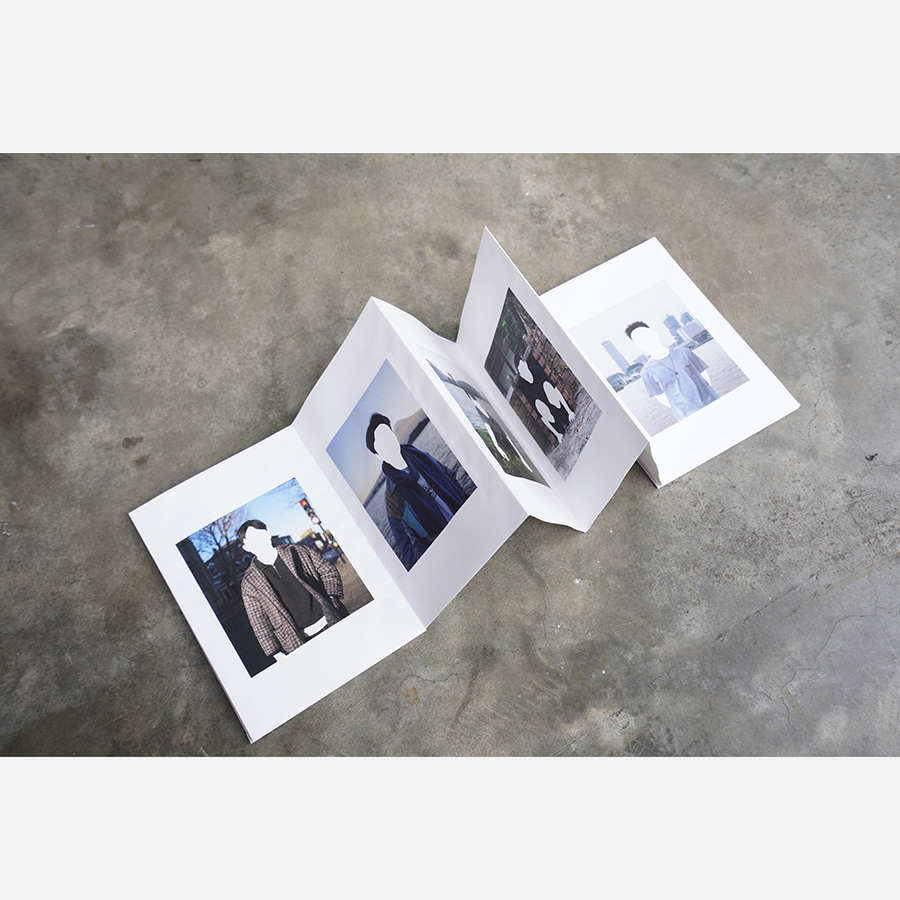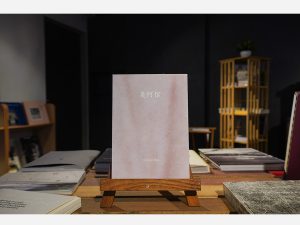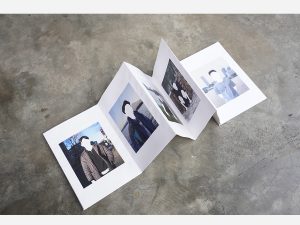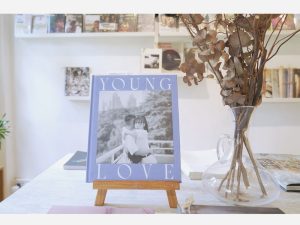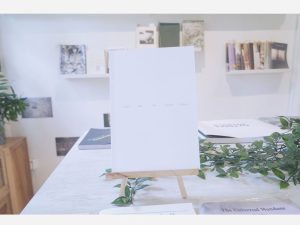CHAO AH GUA by Lim Jun Hao
$184.00
Chao Ah Gua started from a conversation between two of my friends, Z and J. J grew up in England, has been out to his parents for a couple of years, and is also in a long-term monogamous relationship. In contrast, Z grew up in Singapore and leads a double life; his parents know nothing of his active sex life and are still under the perception that he is straight. J had made the passing comment to Z, encouraging him to come out to his parents, noting that they would eventually understand and accept him for who he is. However, Z rejected the proposal as he couldn’t bear the potential repercussions.
Contemporary gay culture has become shaped to fit Western ideals. Its emphasis on individuality clashes with the collective values upheld in many Asian countries, which results in these communities homogenising gay experiences, having perceived it to be another form of cultural dominance from the Western world. The promotion of a homogenous gay experience feeds into local societal rejection and political erasure of gay narratives in their local communities, even when there is evidence to show their assimilation within these societies historically.
The gap in representation created by this erasure also results in Asian gay men turning toward Western gay narratives as a framework to navigate their sexuality, with many choosing to abandon their other personal identities or lead double lives. Furthermore, it also reinforces the hegemonic queer narrative powered by Western publications like GayTimes and Attitude that will continue to influence the next generation of Asian gay men living in Orient societies.
What does that then mean for the gay men living in these spaces? Are they supposed to choose one-half of themselves over the other? Is it an impossibility for Asian gay men to co-exist with their heterosexual and Occidental counterparts? We must start to find different ways of championing equality locally, to look for new ways of intertwining our traditional upbringing and sexual identities so that future generations of Asian gay people can have nuanced examples that they can look up to and follow – something that our predecessors sorely lacked. Chao Ah Gua serves as a beacon of hope to Asian gay men who are unable to see a future for themselves within their Orient communities.
Availability: 5 in stock
| BY | Lim Jun Hao |
| YEAR | 2024 |
| DETAILS | 21 x 14.8 cm, 32 pages Concertina binding with pockets, thermoreactive ink First Edition 30 copies |
| LANGUAGE | English |

